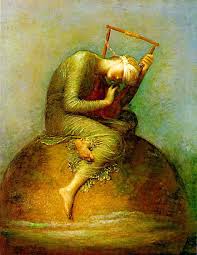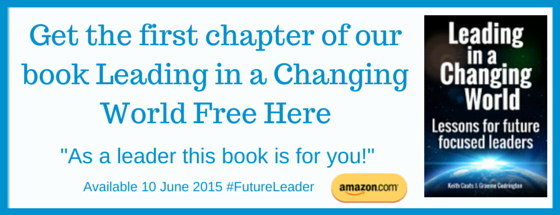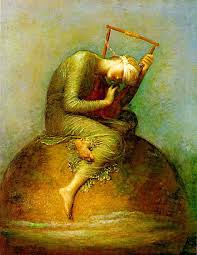J.F. Kennedy once said that, “the problems of the world cannot possibly be solved by sceptics or cynics whose horizons are limited by the obvious realities. We need men who can dream of things that never were”. And I am sure that by ‘men’ JFK would have also meant ‘women’ in the intent of his statement.
We are living in the age of ‘Anthropocene’ that simply means that the fate of the planet and all life is within the power of mankind. This has never before been the case. Looking at the rapid depletion of an array of natural resources, pollution, the crisis that is global warming, increasing environmental, social and economic instability, species extinction and multiple other forms of crisis and turmoil, the ‘obvious realities’ that JFK referred to are fairly daunting! In such a context it is easy to only see what is wrong, what isn’t working and to feel paralysed by the overwhelming scope of the challenges being encountered; to feel hopeless.
However, in spite of overwhelming evidence to the contrary, we need people who see the good, believe in the best and who are will willing to speak and act when it seems hopeless. We need leaders to be the brokers of hope. We need leaders who, on behalf of all those they lead, demonstrate daily their willingness to act on such hope.
 President Obama’s 2004 Democratic National Convention keynote address contained the phrase, ‘the audacity of hope’ which became the title of his second book. That title derives from a painting painted by George Watts in 1886. The painting is of a poorly dressed and blindfolded woman sitting, in a hunched position, on top of a globe clutching a wooden lyre with only one string intact. Watts titled his painting ‘Hope’. G.K. Chesterton suggested that a more fitting title would have been, ‘Despair’! There is an interesting story as to the connection between the painting and exactly how it came to President Obama’s attention.
President Obama’s 2004 Democratic National Convention keynote address contained the phrase, ‘the audacity of hope’ which became the title of his second book. That title derives from a painting painted by George Watts in 1886. The painting is of a poorly dressed and blindfolded woman sitting, in a hunched position, on top of a globe clutching a wooden lyre with only one string intact. Watts titled his painting ‘Hope’. G.K. Chesterton suggested that a more fitting title would have been, ‘Despair’! There is an interesting story as to the connection between the painting and exactly how it came to President Obama’s attention.
In the late 1980s the painting was the subject of a lecture by Dr. Frederick Sampson in Richmond, Virginia who described it as a study in contradictions. The lecture was attended by Jeremiah Wright and it inspired him to give a sermon in 1990 on the subject of hope in which he said, “With her clothes in rags, her body scarred and bruised and bleeding, her harp all but destroyed and with only one string left, she had the audacity to make music and praise God … To take the one string you have left and to have the audacity to hope … that’s the real word God will have us hear from this passage and from Watt’s painting.” In attendance that day was Barack Obama who then adopted the phrase for his keynote and book title.
In a global context where it is all too easy to ‘see despair’ and be overwhelmed by such – leaders need to choose to see ‘hope’. Leaders need to underpin all they do with the ‘audacity of hope’. President Obama suggested that ‘hope’ is, ‘that thing inside us that insists, despite all evidence to the contrary, that something better awaits us if we have the courage to reach for it, and to work for it, and to fight for it’. Vaclav Havel, the Czech writer, philosopher, dissident and the first democratically elected president of Czechoslovakia before becoming the first president of the Czech Republic said that hope is, ‘not the conviction that something will turn out well, but the certainty that something makes sense regardless of how it turns out’.
Hope is not a flimsy, wistful wishing that everything will ‘turn out for the better’. The kind of hope that ought to characterize leadership is robust and willful; it calls for action and conviction; it is audacious in the face of what others see as ‘reality’.
As a leader, take a few minutes to think about how you are living out the ‘audacity of hope’ within your sphere of leadership influence? I would suggest that it isn’t a common reflection and when considered, usually falls prey to superficial ‘motivational rhetoric’ where it dies soon after the motivational support and context dissipates.
The ‘audacity of hope’…as a leader, it may just be your most important characteristic, especially when the going gets tough!



